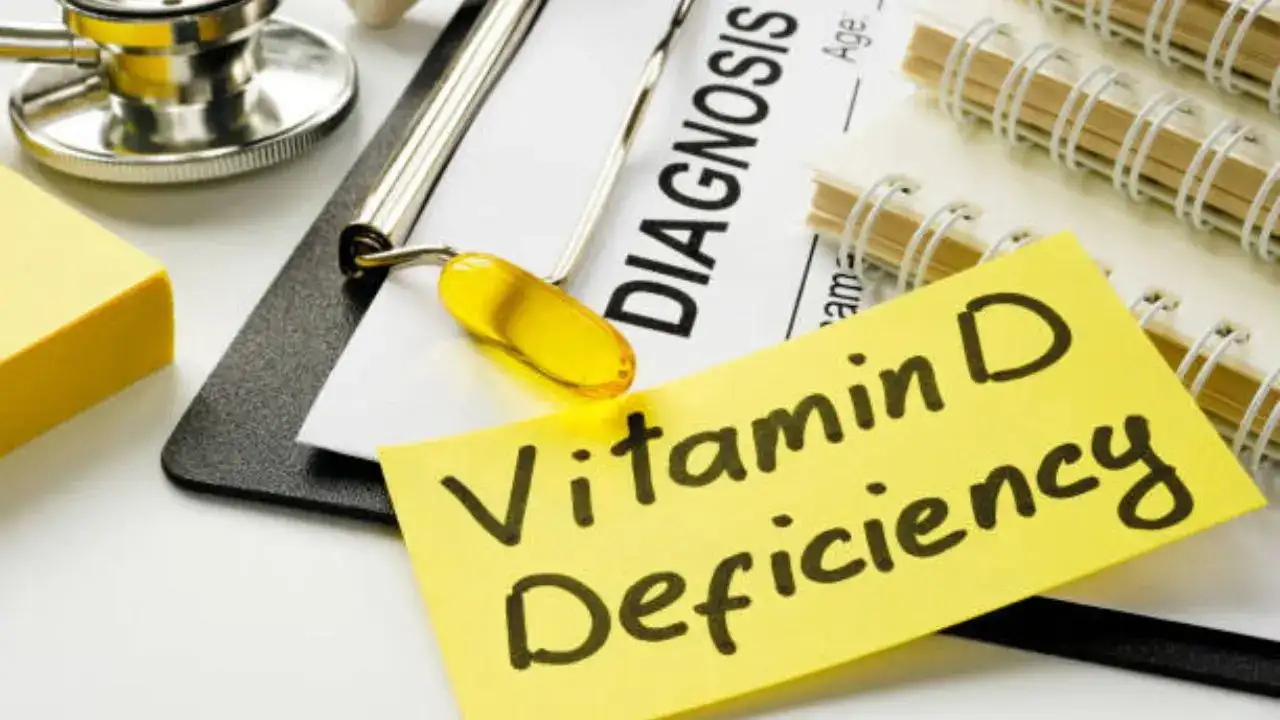
Vitamin D plays a crucial role in bone health and immune function apart from lowering the risk of heart attack
The human body is extremely complex, and getting exhausted and tired for no reason is among its complexities. Either you did not get proper sleep, or you are unwell, or maybe there is a deficiency of vitamin D. Also known as the sunshine vitamin, it affects many parts of your body.
According to experts, vitamin D plays a crucial role in bone health and immune function. It also lowers the risk of heart attack and dementia and improves your mental health. However, it is common to be deficient in vitamin as studies say more than 50 per cent of people lack this crucial macronutrient.
A few signs of vitamin D deficiency include:
Frequent illness
A vitamin D deficiency could be to blame if you constantly get sick and feel under the weather. Studies have found a link between higher disease severity in people in intensive care units and low levels of vitamin D.
This link was examined again after the onset of COVID-19. Studies showed that people with deficiencies may have had a higher risk of getting COVID-19 and getting sicker from the virus.
Muscle pain
Frequent cramps and pain in muscles mean vitamin D deficiency, as the nutrient promotes muscle function. Low vitamin D levels increase the likelihood of experiencing symptoms such as loss of muscle tone and extreme weakness.
Losing muscle mass and strength can also make you more prone to falling and fractures.
Frequent hair fall
Vitamin D plays an important part in regulating your hair cycle, which includes the regeneration of new hair. Vitamin D helps in hair growth, and a lack of this vitamin not only slows hair growth but also increases hair fall.
According to experts, a deficiency of vitamin D also causes alopecia—an autoimmune disorder.
Weight gain
Low vitamin D can also lead to weight gain and obesity—up to 35 per cent more. Studies say the accumulation of vitamin D in adipose tissue explains why people with obesity have low vitamin D blood levels.
Fat cells hold on to vitamins and don't efficiently release them into the blood.
Lower back pain
While it is common to endure lower back pain, one of the main reasons behind it is the lack of vitamin D in your body, which happens due to increased stress on your back and neck muscles.
According to doctors, screening people with lower back pain for vitamin D deficiencies may be helpful, as treatment such as vitamin D supplements can ease pain-related symptoms.
How to increase your intake of vitamin D?
Your need for vitamin D depends on various factors—which include your age, UVB exposure, diet, and health status. If a blood test shows that you are at risk of a vitamin D deficiency, the doctor is likely to advise you to increase your intake through:
Diet
Good dietary sources of vitamin D include:
- Oily fish like mackerel or salmon
- Cheese
- Mushrooms
- Egg yolks
- Fortified foods like breakfast cereals, orange juice, milk, soy drinks, and margarine
Exposure to sunlight
Sunlight helps boost vitamin D levels, but inappropriate sun exposure increases the risk of skin cancer. For safe sun exposure, you must spend a short time outdoors each day without sunscreen and with your forearms, hands, or lower legs exposed to the sun.
When to do this and for how long will depend on the time of year, geographical location, and other factors.
Get Latest News Live on Times Now along with Breaking News and Top Headlines from Health and around the world.
